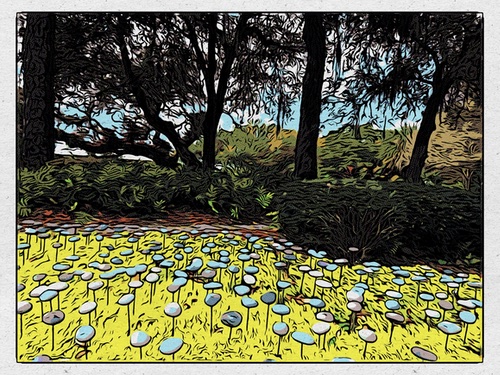The Movers Mindset project is challenging for me. I have a large number of pieces in place. I’ve discovered many different interesting questions to explore, and I’m well on my way to digging in to find some answers. I’ve created something which I wish I could have found many years ago, early on in my journey.
And yet, I haven’t found many people who see value in the project. Everyone likes the podcast, but that’s as far as I can seem to get the idea to go.
Here’s what I have so far…
Movers Mindset explores themes like independence, self-direction, and human excellence through podcasts, website content, and a community of like-minded people. In the podcast, I interview movement enthusiasts to find out who they are, what they do, and why they do it; The podcast focuses on the journey of self-improvement and its underlying motivations, as well as movement’s fundamental place in society. On the website we publish free content, (much of it in three languages,) including podcast transcripts, show notes, articles submitted by people, and original content. In the Movers Mindset community I’m looking to discuss everything related to independence, self-direction and human excellence; I’ve started discussions on how to make the Internet work for you, thoughts about social networks, questions and answers about training from athletes, podcast-guest followups, and more.
Feedback on the project has been overwhelming positive. Over the past four years I’ve slowly expanded the project. I’ve changed things along the way, giving the project a new name back in 2018 and recently breaking the podcast episodes into seasons.
How do I do a better job of telling the Movers Mindset story?
ɕ
